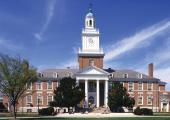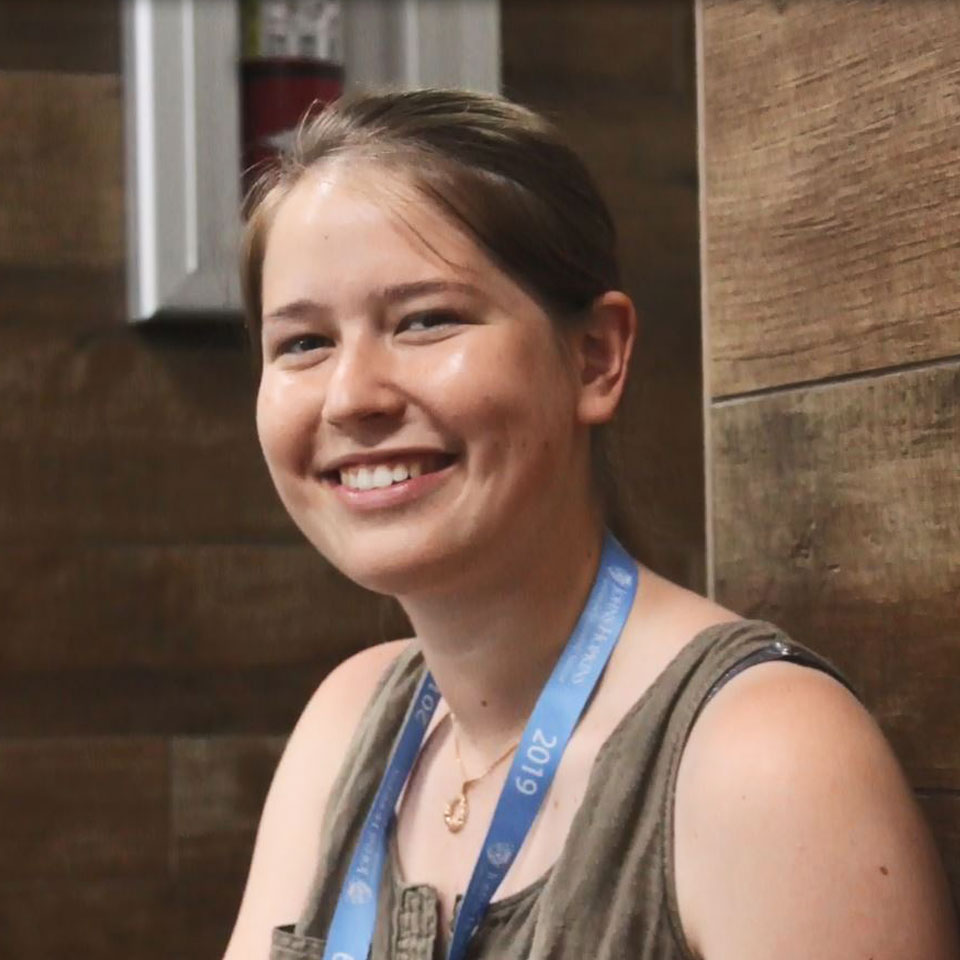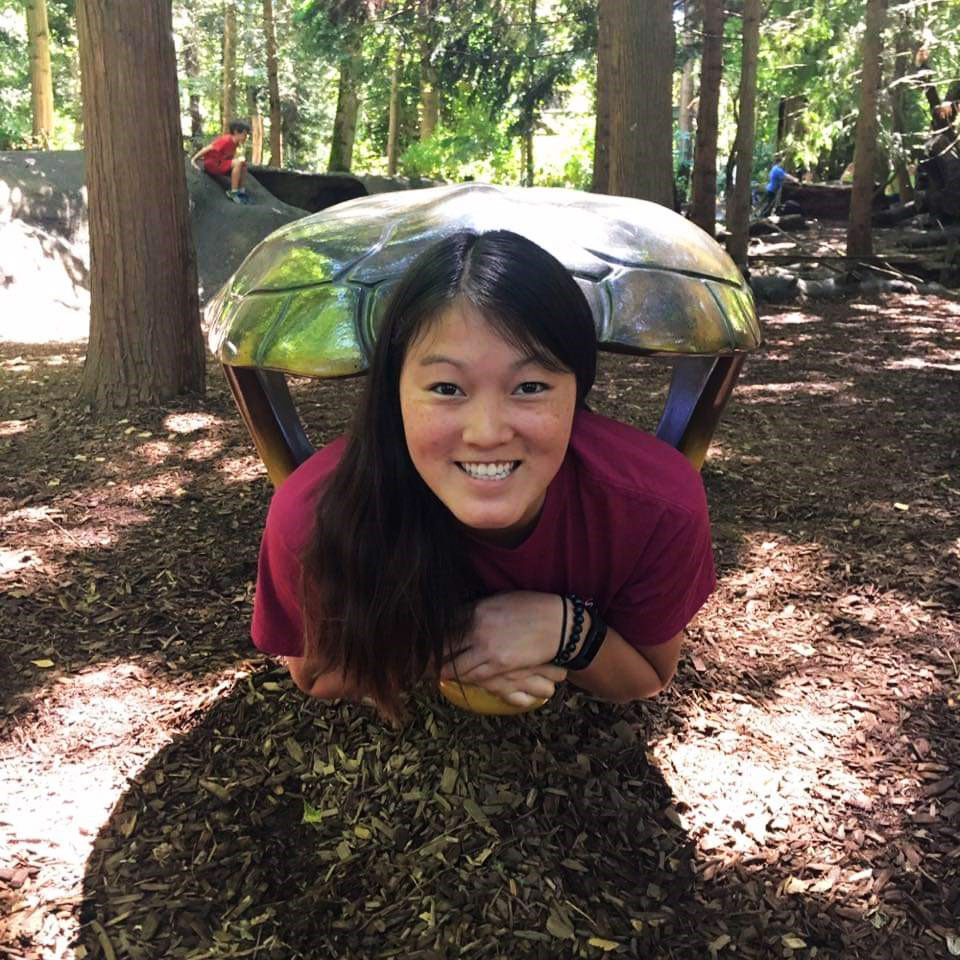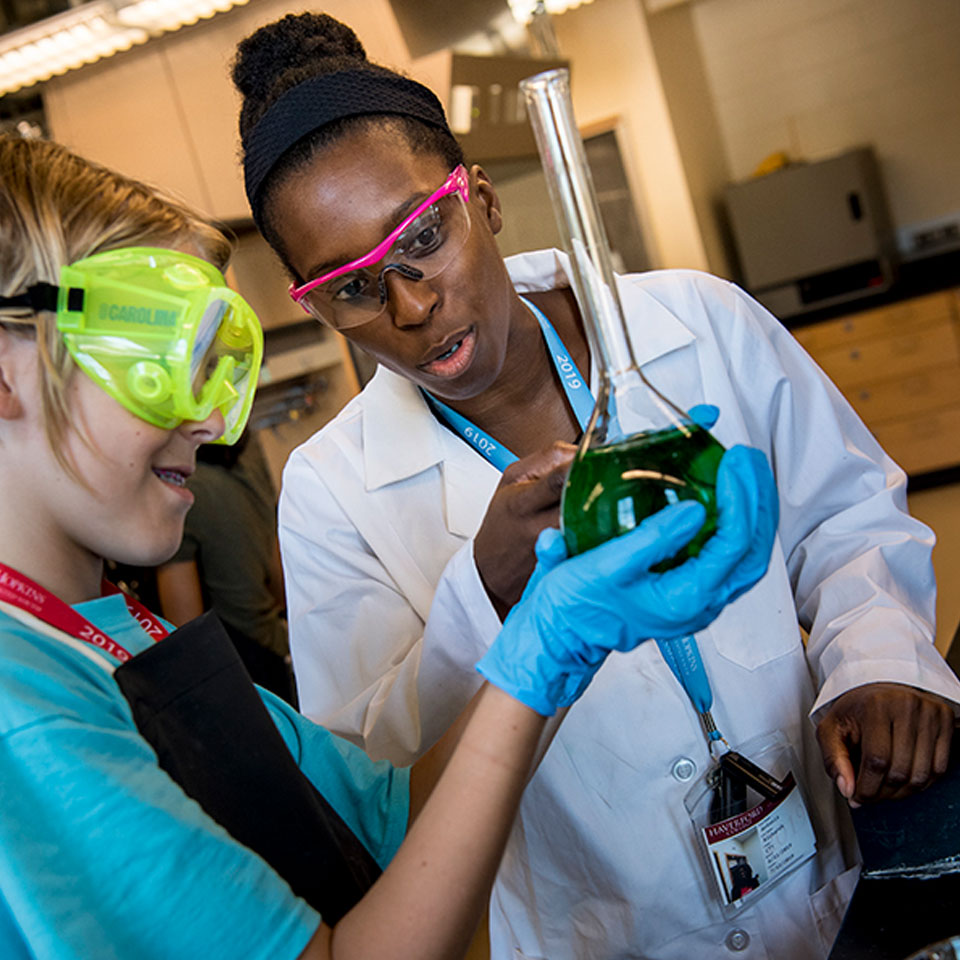Breadcrumbs
Advanced Topics in Physics: Special Relativity
- Grades 9-12
- CTY-Level
-
Residential
- Science and Engineering
If a woman travels to a nearby star system at close to the speed of light, she will return much younger than her twin sister, who stayed home. This is just one of the discoveries revealed by Albert Einstein’s Special Theory of Relativity, which revolutionized physics. Perhaps the most famous equation in science, E = mc2, revealed that matter and energy are equivalent, setting the stage for atomic bombs and nuclear power plants. It showed that an object’s length depends on its speed relative to an observer, that the passage of time depends on relative motion, and that an object’s mass varies with speed. This course explores the problems and inadequacies of Newtonian mechanics, then shifts focus to Einstein’s groundbreaking solution, the Special Theory of Relativity. Through class discussions and extensive problem solving, you’ll learn about the principle of relativity and the light postulate, simultaneity, relativistic kinematic and dynamic calculations, light cones, k-calculus, and Minkowski space, and explore mathematical concepts underlying Einstein’s general theory of relativity and how they can help us understand the universe.
Typical Class Size: 18-20
This course is
ungraded.
Summer Dates & Locations
Session One

Session Two

Testing and Prerequisites
| Math | Verbal | |
|---|---|---|
| Required Level | CTY-Level | Not required |
Students must achieve qualifying scores on an advanced assessment to be eligible for CTY programs. If you don’t have qualifying scores, you have several different testing options. We’ll help you find the right option for your situation.
Sign up for Testing Learn MoreCourse Prerequisites
Advanced Topics in Physics: Special Relativity requires:1 prerequisite
Algebra II and trigonometry, and either CTY’s Fast-Paced High School Physics or at least a B in conceptual physics or high school physics
Cost and Financial Aid
Tuition
- Varies
Application fee
- Nonrefundable Application Fee - $55 (Waived for financial aid applicants)
- Nonrefundable International Fee - $250 (outside US only)
We have concluded our financial aid application review process for 2025 On-Campus Programs. We encourage those who may need assistance in the future to apply for aid as early as possible. We are committed to serving all talented youth regardless of financial circumstances. Financial assistance is available based on need.
Course Materials
Students should bring basic school supplies like pens, notebooks, and folders to their summer program. You will be notified of any additional items needed before the course begins. All other materials will be provided by CTY.
Sample Reading
These titles have been featured in past sessions of the course, and may be included this summer. CTY provides students with all texts; no purchase is required.
- Spacetime Physics, Edwin F. Taylor and John Archibald Wheeler
Technical Requirements
Students must bring a tablet, laptop computer, or Chromebook for use during the session. A smartphone will not be sufficient.
About Science and Engineering at CTY
Explore space and our planet
In our Introduction to Astronomy course, we’ll visit a nearby observatory or planetarium, see what the cosmos looks like through various spectra, and immerse ourselves in the science and technology that bring the universe closer to home. In Marine Ecology, we’ll visit local wetlands and tidepools, observe flora and fauna, collect water samples and analyze them for clues about their health and humans’ impact. And in The Global Environment, we will explore the human impact on our environment and generate proposals for addressing climate change.
Bond over chemistry
Our chemistry courses help you see the world differently, starting at the atomic level. The Edible World gives budding chefs and science lovers a glimpse into the chemical reactions that happen when we make food, and the chemical makeup of meals and treats we eat every day. In our Crystals and Polymers course, we’ll synthesize slime, grow rock candy, and isolate strawberry DNA to learn about the molecular structure of naturally occurring gems and human-produced plastics. In Chemistry in Society, we'll consider how the chemicals in products can both enhance and degrade the world around us; produce biodiesel in a lab to understand alternative fuels; and prepare aspirin to learn about the healing and toxic properties of pharmaceuticals.




